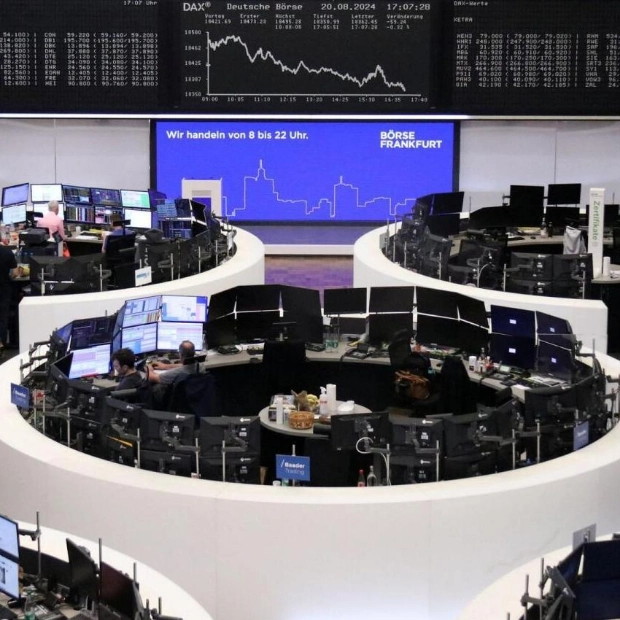BEIJING: Oil prices saw a slight increase in Asian trading on Monday, following a significant drop of over 7 percent last week due to concerns about demand in China, the world's largest oil importer, and a reduction in worries over potential supply disruptions in the Middle East.
Brent crude futures climbed by 27 cents, or 0.37 percent, reaching $73.33 a barrel by 9:25 a.m. Saudi time. Meanwhile, US West Texas Intermediate crude futures rose by 31 cents, or 0.45 percent, to $69.53 a barrel.
These gains were less than 5 percent of the value lost by both contracts last week. Brent crude had closed more than 7 percent lower, while WTI lost around 8 percent, marking their largest weekly declines since September 2, driven by slowing economic growth in China and decreasing risk premiums in the Middle East.
Saudi Aramco's CEO expressed continued optimism about China's oil demand at an energy conference in Singapore on Monday, citing increased policy support aimed at stimulating growth and rising demand for jet fuel and liquid-to-chemicals.
China's decision to cut benchmark lending rates on Monday morning, as part of a broader stimulus package to revive the economy, followed data showing that the country's economic growth slowed to its lowest rate since early 2023 in the third quarter, raising further concerns about oil demand.
US President Joe Biden mentioned on Friday the possibility of resolving conflicts between Israel and Iran, which could potentially bring a temporary end to the ongoing conflict.
However, tensions in the Middle East escalated over the weekend as Israel announced plans to target sites in Beirut linked to Hezbollah's financial operations.
On the supply side, US energy firms reduced the number of oil and natural gas rigs operating for the fourth time in five weeks, according to a report by energy services firm Baker Hughes on Friday. The rig count decreased by one to 585.
Source link: https://www.arabnews.com






